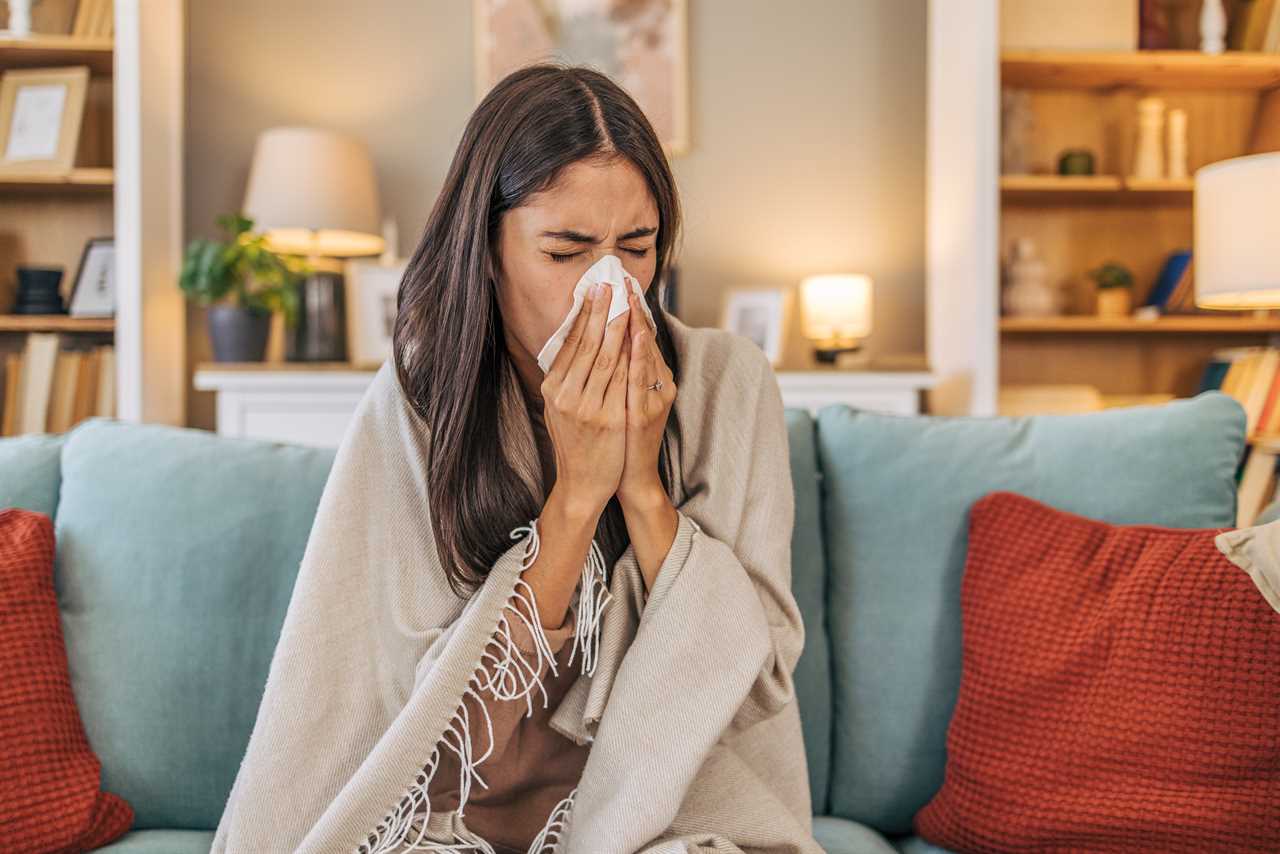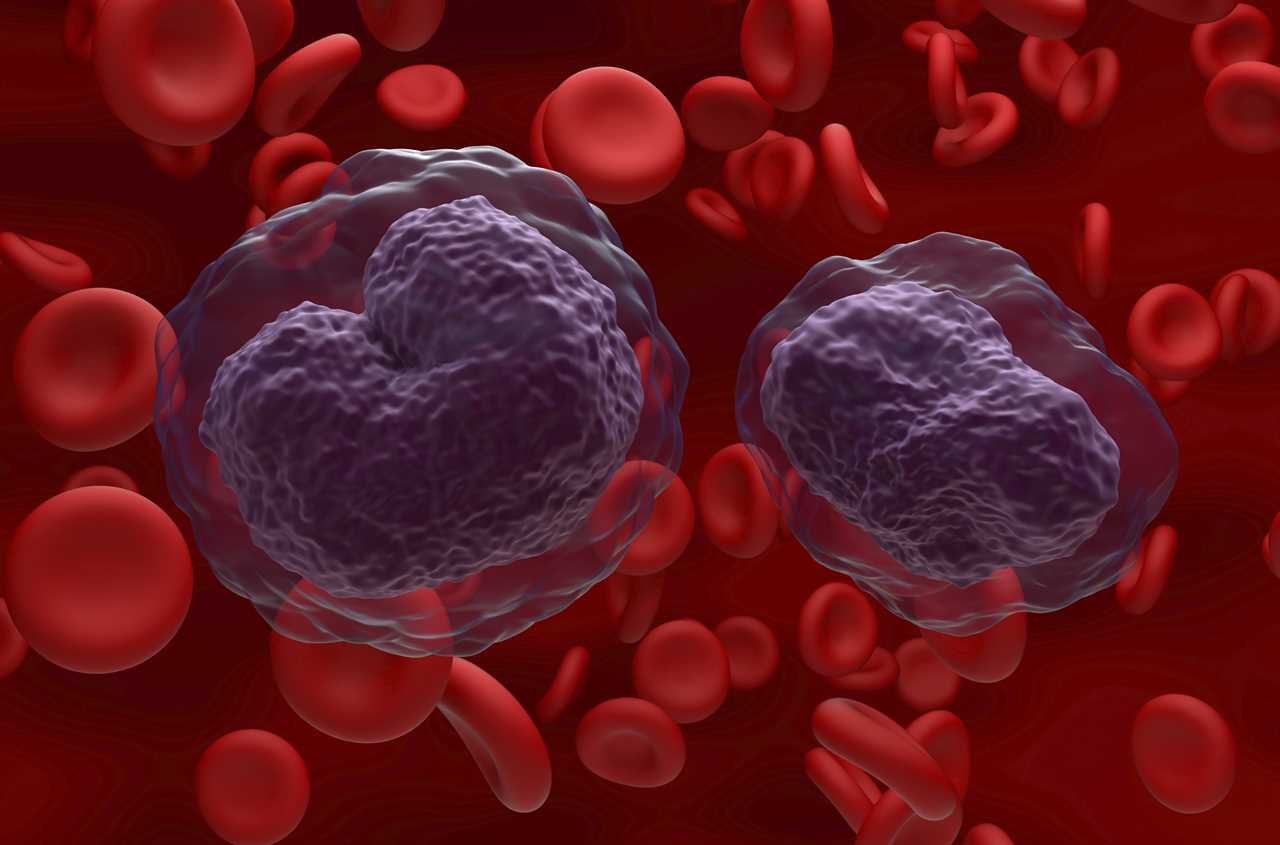
Winter Illnesses Plague the UK
The UK has been hit by a barrage of winter illnesses this year, with flu, COVID-19, RSV, and norovirus wreaking havoc on the NHS. Swollen lymph nodes can be a sign of more serious diseases, including cancer.
Recognizing Symptoms
While hospitalizations from these viruses have been higher than usual, most cases see people suffering from familiar symptoms like a blocked or runny nose, sneezing, sore throat, cough, and tiredness. Swollen glands can also occur as a sign that the body is fighting an infection.
Causes of Swollen Lymph Nodes
Swollen lymph nodes, or swollen glands, can be caused by bacterial or viral infections, autoimmune diseases, and even cancer. Ade Williams, Pharmacist Ambassador for Pancreatic Cancer Action, notes that swollen lymph nodes can be a sign of a range of conditions.
When to Seek Medical Help
It's worth seeing a GP if swollen lymph nodes last for more than two weeks, are hard or fixed, or are accompanied by unexplained weight loss, night sweats, fever, or fatigue. Additionally, if there is a known history of cancer or the nodes grow rapidly, medical attention is necessary.

Locations and Concerns
Swollen lymph nodes can appear in different parts of the body depending on the underlying health issue. Nodes in the neck, armpits, and groin are commonly affected by infections and are usually not serious. However, nodes near the pancreas or in the abdomen may warrant further investigation as they could signal more serious conditions like pancreatic cancer.
Did you miss our previous article...
https://trendinginthenews.com/cancer/heartbreaking-story-of-schoolboy-who-passed-away-from-brain-tumour






